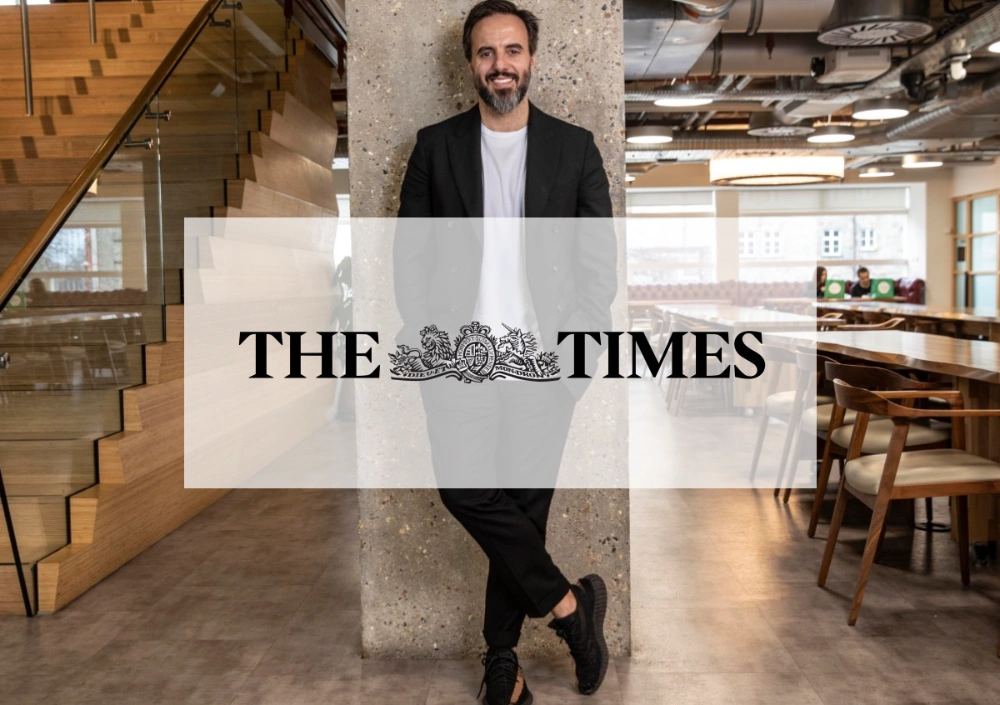
What caused the decline of Farfetch?
www.thetimes.co.ukOnce known for its commitment to local shopping on a global scale, Farfetch's rapid expansion and acquisition spree led to a dilution of its strong brand identity. Insiders suggest that the company's downfall began when it shifted focus from its core values to trying to cater to everyone, losing its mojo in the process.
As pointed out by Jonathan Siboni, CEO and founder of Luxurynsight a while back, the decline of Farfetch gained momentum due to the top-tier luxury brands, such as Louis Vuitton and Hermès, refusing to supply third-party luxury retailers.
“If José Neves kept relying on the marketplace then he would have ended up with a huge platform but no brands. I think he knew deep inside that he needed to reinvent his business,” he said.
Key Insights for Luxury Retail Transformation:
1️⃣ Balance luxury retail on/offline: Achieve equilibrium to tackle luxury supply chain challenges.
2️⃣ Innovative luxury retail business models: Thrive by licensing out technology for third-party luxury brands' online operations.
3️⃣ Maintaining luxury brand independence: Reinvent models to preserve luxury brand autonomy.
4️⃣ Effective Governance Matters: Navigate challenges through strong governance and strategic reforms.
5️⃣ Adaptability is key: Swiftly adapt to changing luxury retail trends for success.
Thank you to The Times and editor Sam Chambers for featuring us in this insightful article.